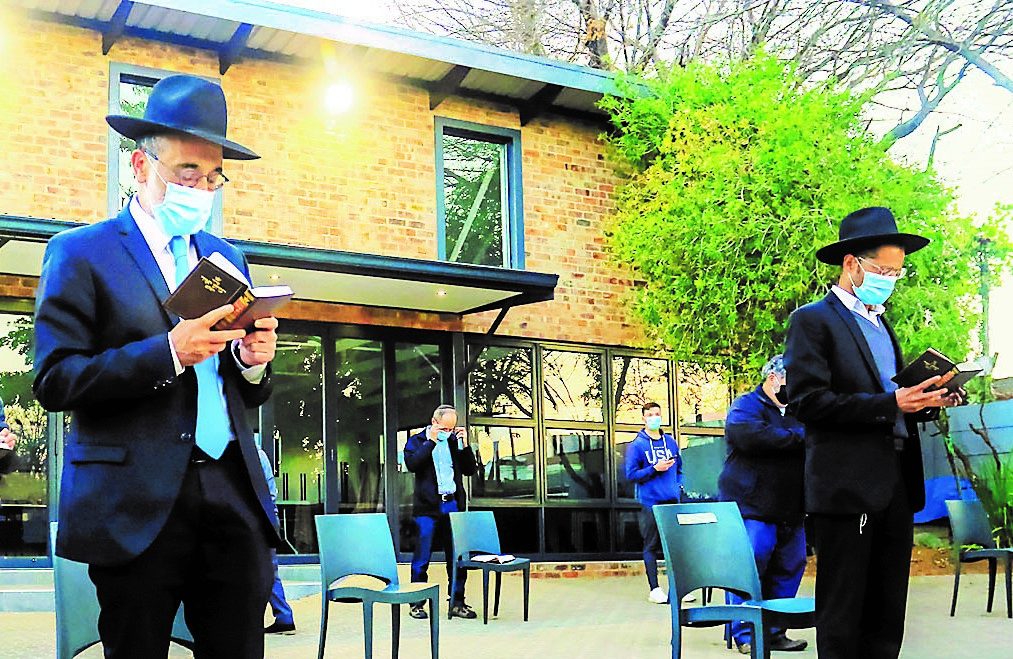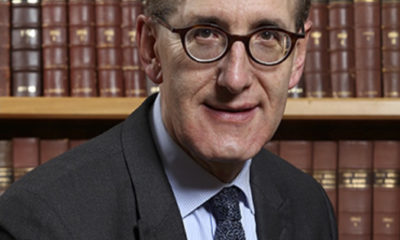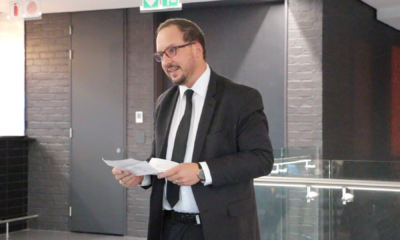
News

Going back to shuls in safety
The reopening of shuls has been met with comments ranging from “delighted to be going back at last!” to “are you sure it is really safe to go back now?”
Five months ago, we took the decision to recommend thatshuls be closed after very careful investigation and in-depth scientific evaluation of the risks to the community. With a rapidly expanding epidemic at that time, the danger to the community would have been far too great to have normal shulservices.
It is evident, from studies of explosive outbreaks arising from houses of worship in many countries, that those congregate environments are particularly prone to promoting super-spreading events. In some cases, these outbreaks have affected hundreds of congregants, sometimes with several fatalities. Synagogues have been no exception, and Jewish populations have been ravaged by the pandemic, out of proportion to their numbers.
Today, fortuitously, with the rate of infection coming gratifyingly down, circumstances have dictated a re-evaluation of shulclosure, and cautiously they are now being reopened.
Nevertheless, two important issues still remain to be taken into consideration. Firstly, while it is true that the numbers of new infections are coming down, the country still averages between 1 000 and 2 000 new cases per day. This indicates that there is still a sizeable mass of virus circulating in the population.
Secondly, the 640 000 or so known cases of the disease represent not much more than 1% of the population. Even doubling or tripling this figure to account for the silent asymptomatic infections, it still leaves the great majority of the population susceptible to the virus that has far from disappeared.
It goes without saying that it is imperative that great care must continue to be taken. This is simply because right now, the only protection against infection at our disposal are the safety precautions of avoiding social gatherings, physical distancing, wearing masks, and cleaning hands regularly.
To make the shuls as safe as possible, one of us, Professor Efraim Kramer, has gone to extraordinary lengths inspecting shuls throughout the country for safety, and drawing up detailed protocols to reduce the risk of virus transmission.
Theshuls will be a relatively safe space, and members of the community can be reassured to return toshuls, provided the safety protocols are strictly and consistently adhered to.
In that regard, to hold private minyanim separate from the shuls, and without having been expertly inspected and evaluated for safety and with no accredited protocols in place, puts not only those participants in danger, but also the community at large.
The virus is contagious, highly contagious, and participants in these unregulated minyanim could be irresponsibly threatening the community as a whole. What we certainly want to avoid is a resurgence of the epidemic launched from the Jewish community.
- Prof Barry Schoub, Dr Richard Friedland and Prof Efraim Kramer have been advising the Office of the Chief Rabbi on matters related to COVID-19 and shuls.










